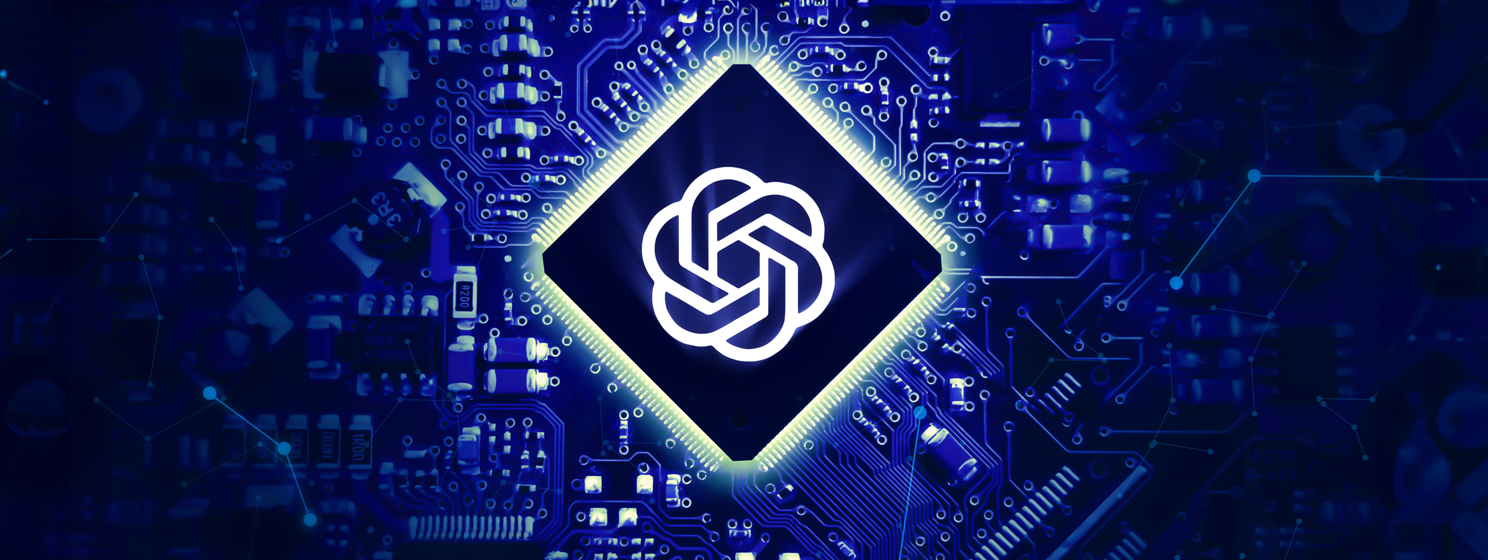|
Getting your Trinity Audio player ready...
|
Artificial intelligence (AI) company OpenAI has overtaken SpaceX as the world’s most valuable startup, after the former reached a $500 billion valuation in a secondary share sale, according to a Bloomberg report on Thursday.
Citing “a person familiar with the transaction,” Bloomberg reported that current and former OpenAI employees sold $6.6 billion in stock to investors, including Thrive Capital, SoftBank Group Corp. (NASDAQ: SFTBF), Dragoneer Investment Group, Abu Dhabi’s MGX, and T. Rowe Price (NASDAQ: TROW).
The sell-off boosted the company’s valuation to around $500 billion, well past its previous $300 billion valuation, which it reached in April after a $40 billion fundraising round led by SoftBank. This also gives OpenAI the crown of most valuable startup from Elon Musk’s SpaceX—designer, manufacturer, and launcher of advanced rockets and spacecraft—which is currently valued at around $451 billion.
While OpenAI’s reported new value marks the pinnacle of startup success, the company still has some way to catch up with other leading AI players in terms of valuation, not AI development.
Google (NASDAQ: GOOGL), the tech giant behind Gemini AI, is currently valued at around $2.97 trillion; Meta (NASDAQ: META), developer of the large language model (LLM) Llama, $1.83 trillion; and $2.37 trillion Amazon (NASDAQ: AMZN) is the major stakeholder in AI company Anthropic.
However, Microsoft has invested around $13 billion in OpenAI over several rounds, so the startup does have significant backing from an established tech giant.
The report of OpenAI reaching new value heights caps a busy year for the thriving startup, in which it has increasingly established itself as one of, if not the leading player in the AI space.
Boom time for OpenAI
In April, OpenAI launched GPT-4.1, a much-improved AI model that, according to the company, is cheaper, more powerful, and has better reasoning than its predecessors and rivals.
GPT-4.1 was unveiled alongside the smaller and more affordable GPT-4.1 Mini and GPT-4.1 Nano, which OpenAI said was its “smallest, fastest, and cheapest” model to date.Also, in April, rumors emerged that OpenAI was developing its own social media platform. According to a report from The Verge, the project is still in its early stages, but a prototype focuses on generative AI image creation that has a “social feed.”
In August, the company introduced GPT‑5, its “best AI system yet.” OpenAI touted the model as “a significant leap in intelligence over all our previous models, featuring state-of-the-art performance across coding, math, writing, health, visual perception, and more.”
In recent developments, early in September, the company announced the signing of a Memorandum of Understanding (MoU) with Greece to expand the integration of AI in the country, eyeing education and SME utility.
Dubbed “OpenAI for Greece,” the collaboration between Greece and OpenAI was signed at the Hellenic Expo event and will pioneer the mainstream use of ChatGPT Edu, a tailor-made version of the AI chatbot for educational institutions. The MoU will back a phased pilot starting in the next academic session to integrate ChatGPT Edu into its educational system.
This news was swiftly followed by OpenAI announcing a letter of intent for a “landmark strategic partnership” with the world’s leading chipmaker Nvidia (NASDAQ: NVDA), in order to speed them “on the path to deploying superintelligence.”
With the company feverishly deploying and developing its already market-leading AI models around the world, in the midst of a boom time for the AI sector more broadly, it’s perhaps no surprise to see it skyrocket past SpaceX to the top of the startup valuation rankings.
In order for artificial intelligence (AI) to work right within the law and thrive in the face of growing challenges, it needs to integrate an enterprise blockchain system that ensures data input quality and ownership—allowing it to keep data safe while also guaranteeing the immutability of data. Check out CoinGeek’s coverage on this emerging tech to learn more why Enterprise blockchain will be the backbone of AI.
Watch: Demonstrating the potential of blockchain’s fusion with AI
Recommended for you
British lawmakers of the parliamentary national security committee have called for a temporary ban on political parties receiving donations in

 02-27-2026
02-27-2026 




